This page contains a vocabulary list related to cleaning the house. You will find links to games, flashcards, and other resources to help you study and practice these words. Explore the various tools provided to enhance your understanding of cleaning-related terms.
Keeping a clean house is essential for maintaining a healthy living environment. Regular cleaning not only improves the aesthetic appeal of your home, but also reduces the risk of illness by eliminating germs and allergens. From dusting and vacuuming to scrubbing and organizing, a thorough cleaning routine can make a significant difference in the overall cleanliness of your living space. By incorporating cleaning tasks into your weekly schedule, you can create a comfortable and welcoming atmosphere for yourself and your family to enjoy.
Practice & Reinforce Your Learning
Cleaning The House Vocabulary List
Cleaning Supplies
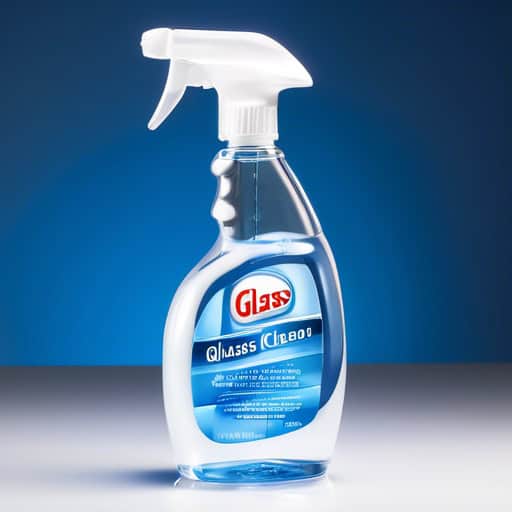
- I need to buy more glass cleaner for the windows in my house.
- The glass cleaner left a streak-free shine on the mirrors in the bathroom.
- Make sure to use a lint-free cloth when applying the glass cleaner to prevent streaks.
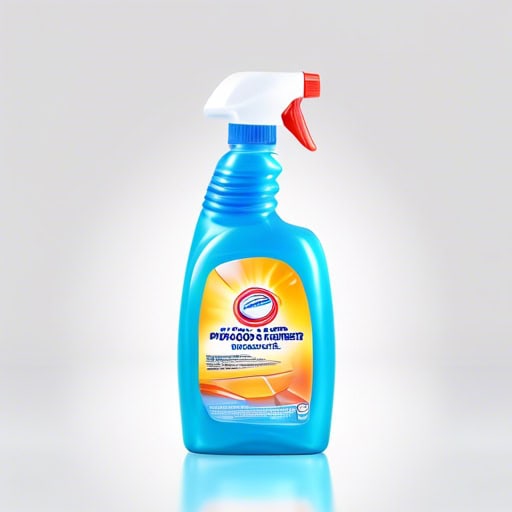
- I need to buy a new bottle of floor cleaner to clean the kitchen tiles.
- The floor cleaner I used yesterday left a fresh lemon scent throughout the house.
- My mom prefers using a natural floor cleaner made with essential oils.
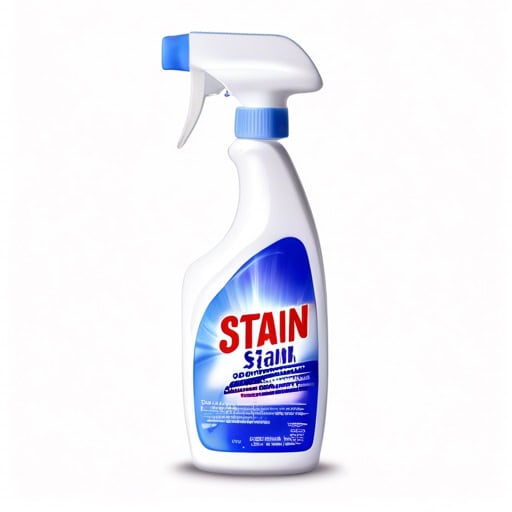
- I used a powerful stain remover to get rid of the stubborn coffee stain on my white shirt.
- The stain remover worked wonders on the red wine spill on the carpet.
- My mom swears by this particular brand of stain remover for removing grease stains from the kitchen countertops.
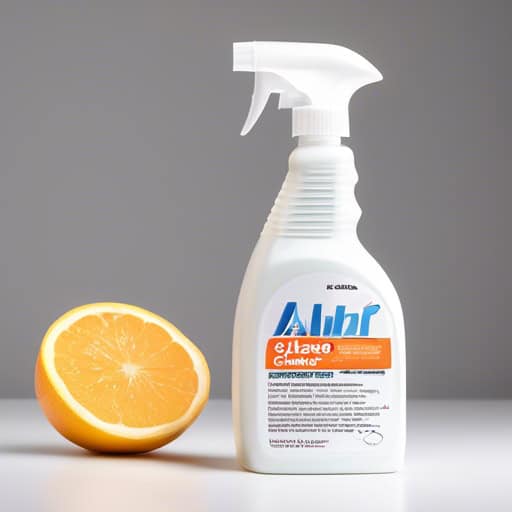
- I used an all-purpose cleaner to clean my kitchen countertops, bathroom sink, and even my car interior.
- The all-purpose cleaner I bought is eco-friendly and safe to use around my pets and children.
- I always keep a bottle of all-purpose cleaner under my sink for quick and easy cleaning tasks.
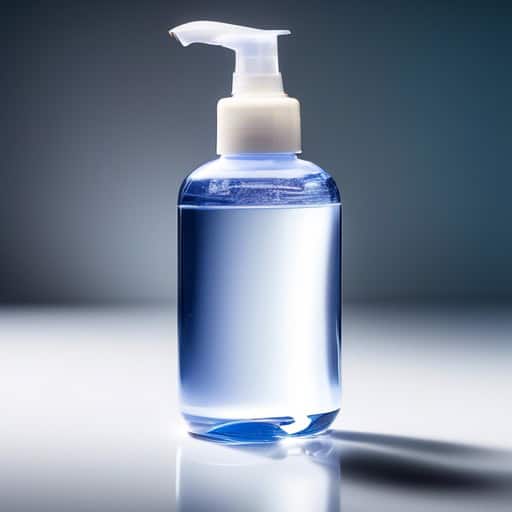
- Remember to use hand sanitizer before touching any shared surfaces.
- The school provides hand sanitizer for students to use throughout the day.
- It's important to keep a bottle of sanitizer in your bag for when you can't wash your hands with soap and water.
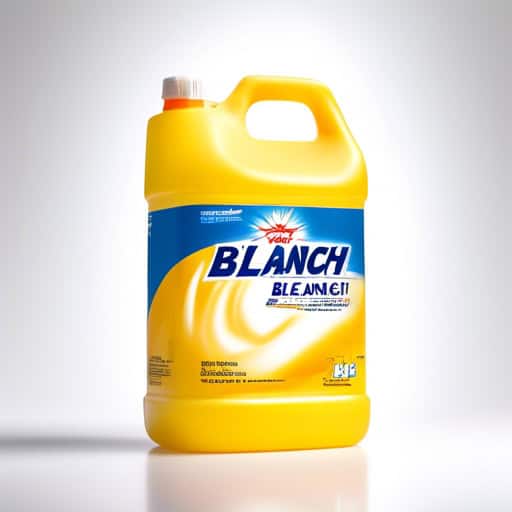
- My mom uses bleach to clean the bathroom tiles and make them sparkling white.
- I accidentally spilled bleach on my favorite black shirt and now it's ruined.
- Be sure to dilute bleach with water before using it to disinfect surfaces in order to avoid damage.
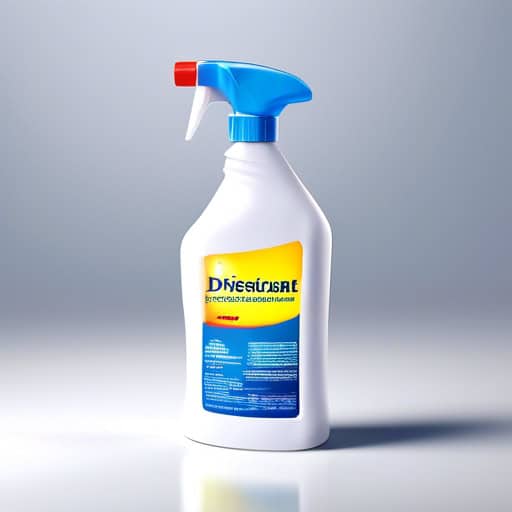
- The hospital uses a strong disinfectant to clean the operating rooms between surgeries.
- I always make sure to wipe down my kitchen counters with a disinfectant after handling raw meat.
- During the COVID-19 pandemic, people have been stocking up on disinfectant wipes to keep their homes clean and germ-free.
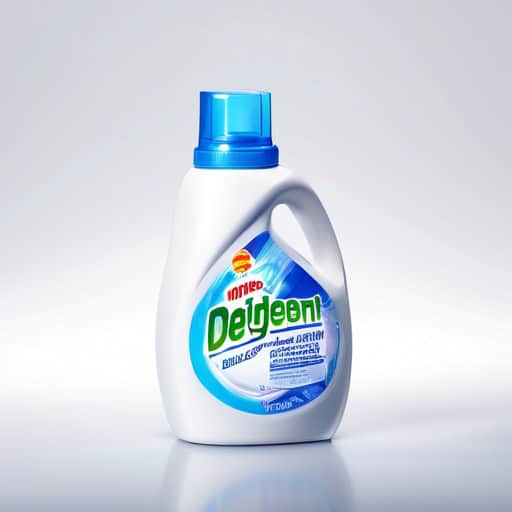
- I need to buy more detergent for the laundry as we are running low.
- The dishwasher detergent was not effective in removing the stubborn food stains.
- The new detergent I bought has a pleasant scent and leaves my clothes smelling fresh.
Cleaning Techniques
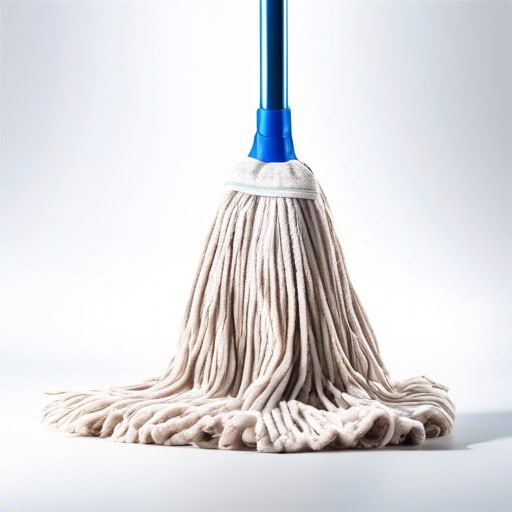
- I need to mop the kitchen floor after dinner.
- The janitor used a mop to clean up the spill in the hallway.
- She grabbed a mop and bucket to tackle the dirty bathroom floor.
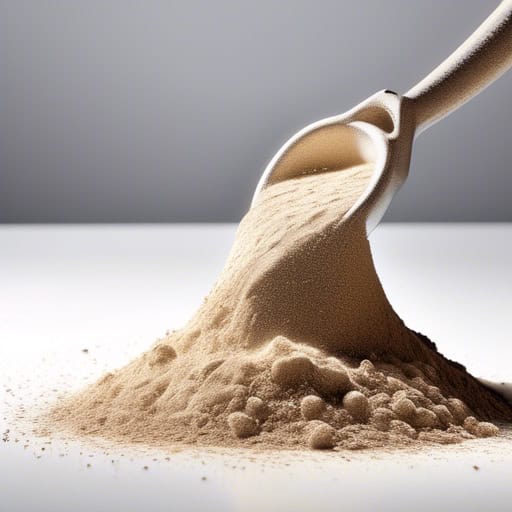
- The house was covered in a thick layer of dust, signaling that it was time to do some serious cleaning.
- She wiped the dust off the bookshelf, revealing the beautiful wood underneath.
- The old attic was filled with cobwebs and dust, making it a daunting task to clean out.
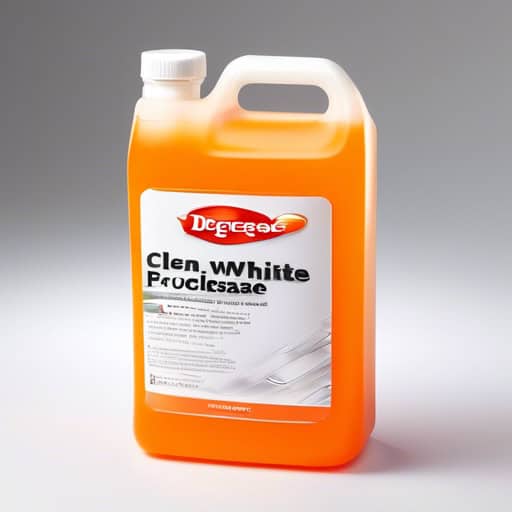
- I need to degrease the stove top before I can start cooking dinner.
- The mechanic degreased the engine before repairing it.
- Make sure to thoroughly degrease the bicycle chain before applying fresh lubricant.
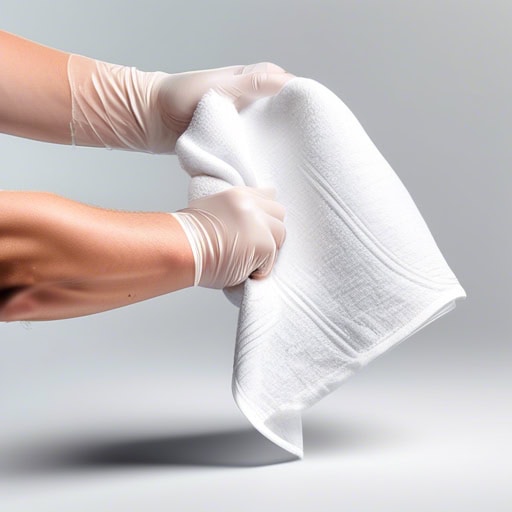
- She used a wet cloth to wipe down the kitchen counter.
- After cooking, he wiped the stove clean of any grease splatters.
- Don't forget to wipe your shoes on the mat before entering the house.
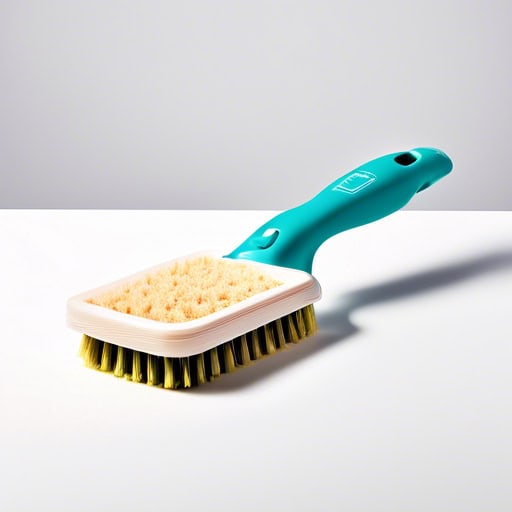
- I had to scrub the bathtub for hours to get rid of all the soap scum buildup.
- After a long day of gardening, my hands were covered in dirt that required a good scrubbing.
- The kitchen floor was so dirty that I had to get down on my hands and knees to scrub it clean.
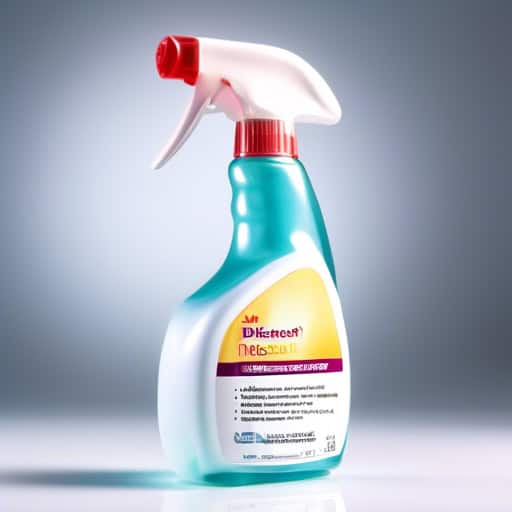
- After coming into contact with someone who is sick, it is important to disinfect commonly touched surfaces in your home.
- Using a disinfectant spray or wipes can help kill germs on surfaces like doorknobs, light switches, and countertops.
- Make sure to follow the instructions on the disinfectant product label for proper usage and contact time.
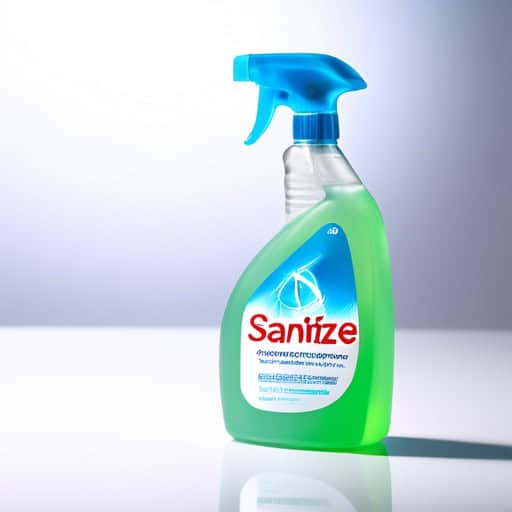
- Please make sure to sanitize your hands before entering the hospital room to prevent the spread of germs.
- The restaurant staff diligently sanitize tables, chairs, and menus between each seating to maintain a clean environment for customers.
- It is important to sanitize frequently touched surfaces such as doorknobs, light switches, and countertops to reduce the risk of illness.
Dusting
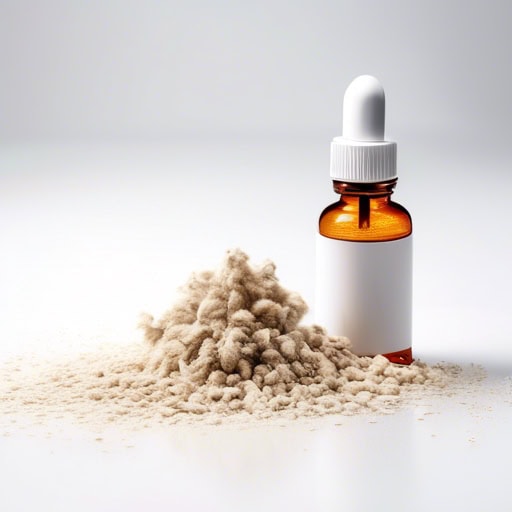
- My allergies always act up when I am dusting the bookshelves in my living room.
- I have to wear a mask and gloves to protect myself from my allergies while dusting.
- I dread dusting because my allergies always flare up and make me miserable.
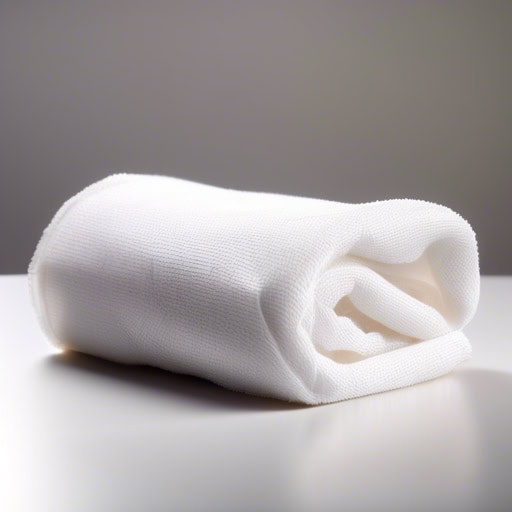
- I grabbed the dust cloth from the cleaning supplies cabinet to wipe down the dusty shelves.
- She meticulously ran the dust cloth along the top of the picture frames, removing any buildup.
- After using the dust cloth, the furniture looked much cleaner and shinier.
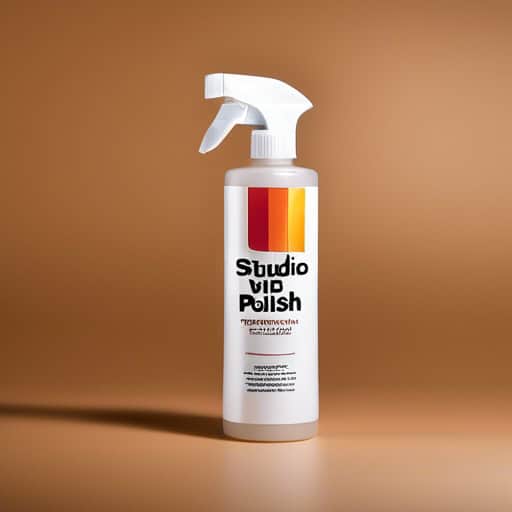
- I need to buy more furniture polish to clean my wooden coffee table.
- The lemon-scented furniture polish left a fresh aroma in the living room.
- After using furniture polish, my dining room table looks brand new again.
Sweeping
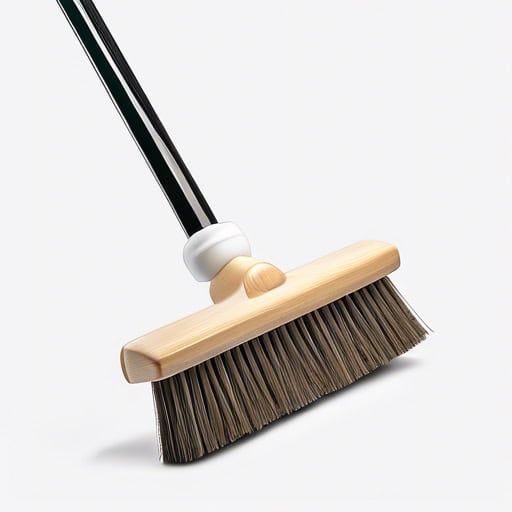
- She swept the floor with a broom before mopping.
- The witch rode on her broomstick through the night sky.
- The janitor grabbed the broom to sweep up the mess in the hallway.
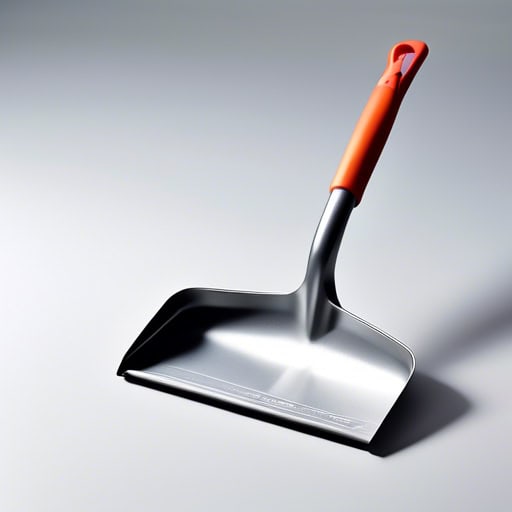
- I grabbed the dustpan to clean up the spilled flour on the kitchen floor.
- The dustpan was missing from the closet, so I had to sweep the dirt into a pile until I could find it.
- After sweeping the garage, I used the dustpan to pick up the leaves and debris.
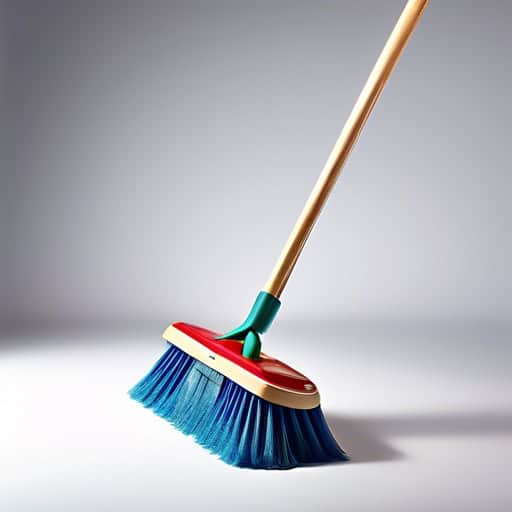
- She used a broom to sweep the kitchen floor.
- The janitor did a thorough sweep of the hallway before locking up for the night.
- I need to sweep the porch before our guests arrive for the party.
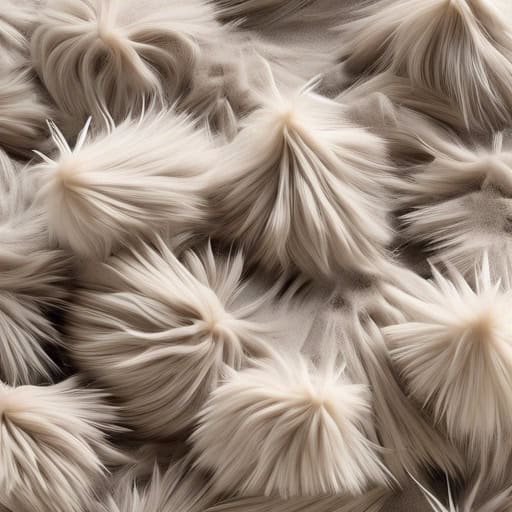
- When I moved my couch to clean underneath it, I found a colony of dust bunnies living there.
- My allergies were acting up, so I knew it was time to break out the broom and get rid of the dust bunnies that had taken over my bedroom.
- I couldn't believe how many dust bunnies had accumulated in the corners of the room - it was definitely time for a deep clean.
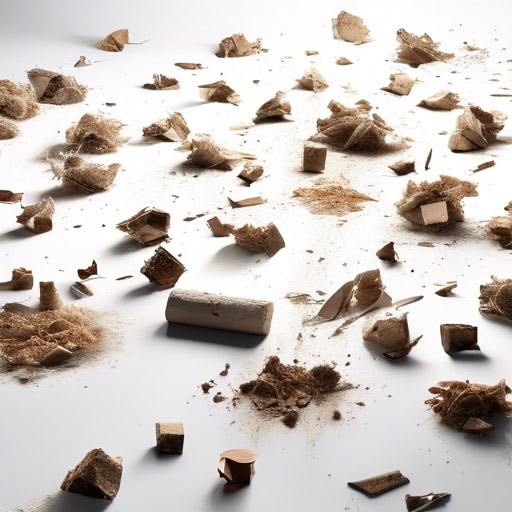
- The workers cleared the debris from the construction site before beginning their next task.
- After the storm passed, the streets were littered with debris from fallen branches and leaves.
- It took hours to clean up all the debris left behind after the demolition of the old building.
Mopping
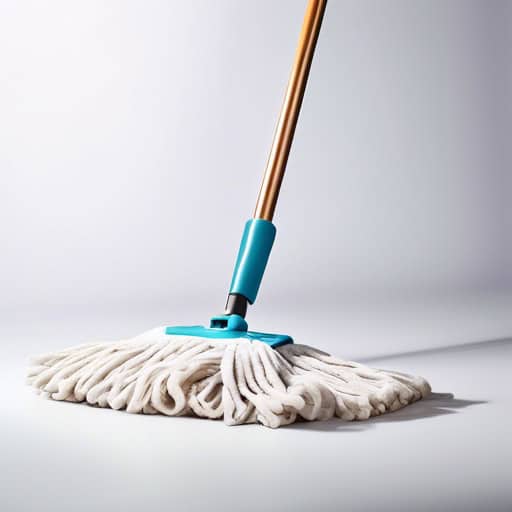
- I need to mop the kitchen floor tonight.
- The janitor used a mop to clean up the spill in the hallway.
- Can you grab the mop from the closet and help me clean up this mess?
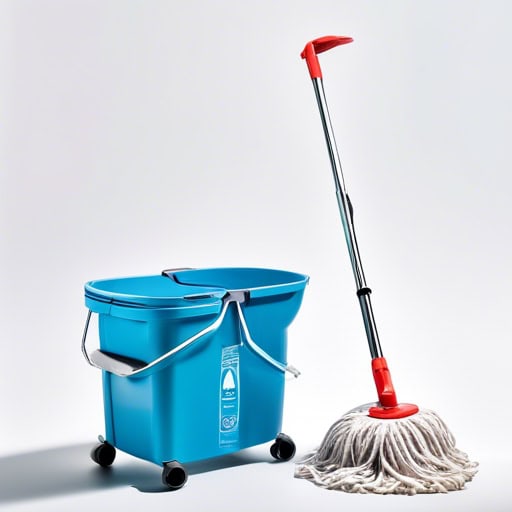
- The janitor filled the mop bucket with hot soapy water before starting his cleaning rounds.
- The mop bucket was left in the corner of the room, ready for the custodian to use.
- She grabbed the mop bucket and began scrubbing the dirty floors in the kitchen.
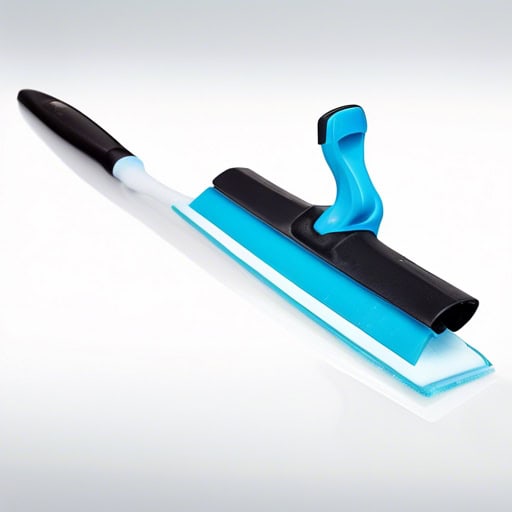
- I used a squeegee to clean the windows and remove streaks.
- The janitor used a squeegee to quickly dry the freshly mopped floor.
- The car wash attendant used a squeegee to remove water droplets from the windshield.
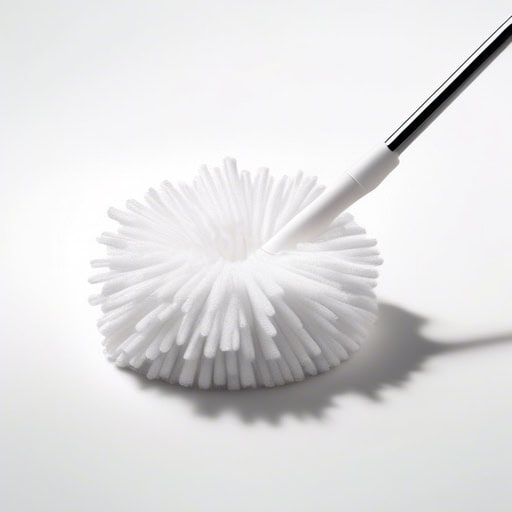
- After spilling the juice, she quickly grabbed a swab to clean up the mess.
- The nurse used a swab to collect a sample from the patient's throat.
- He carefully swabbed the wound with antiseptic before applying a bandage.
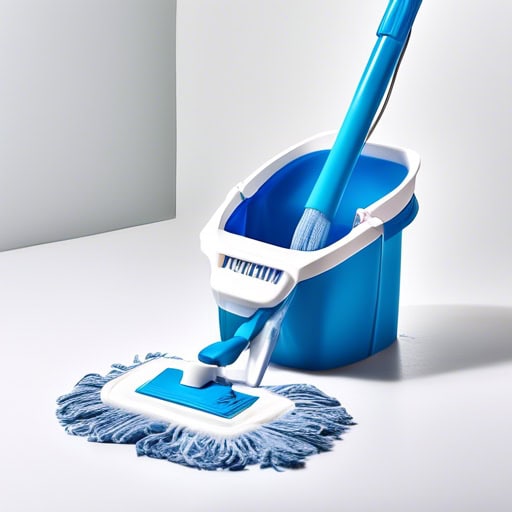
- I had to squeeze the mop tightly to remove all the excess water before cleaning the floors.
- She struggled to squeeze out the water from the mop, but eventually got the hang of it.
- After the mop was squeezed out, she began cleaning the kitchen floor with ease.
Vacuuming
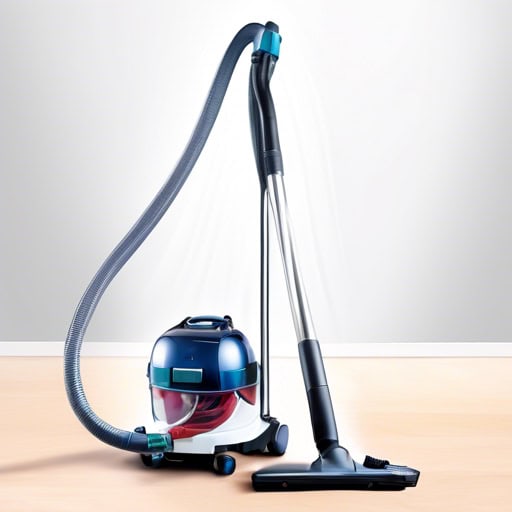
- The vacuum cleaner's powerful suction effortlessly lifted pet hair from the carpet.
- I had to adjust the suction level on the vacuum to prevent it from pulling up the rug.
- The suction cup on the shower caddy securely held it in place on the tile wall.
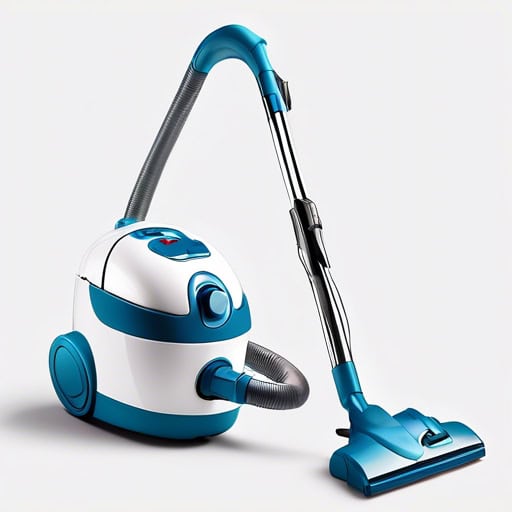
- After spilling popcorn all over the living room, I quickly grabbed the vacuum cleaner to clean up the mess.
- The vacuum cleaner made it easy to remove pet hair from my couch cushions.
- I always make sure to empty the dustbin of the vacuum cleaner after each use to maintain its suction power.
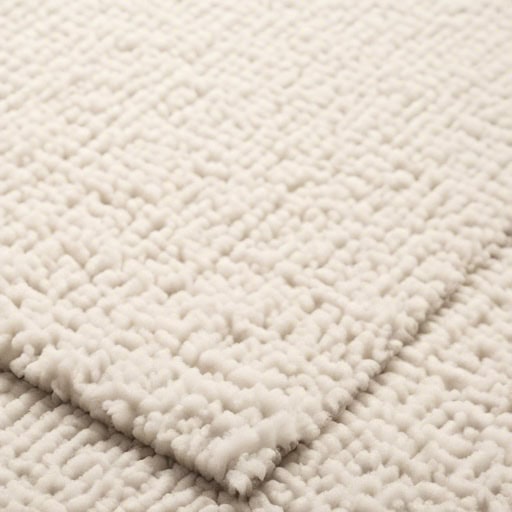
- I love the feeling of walking barefoot on a plush carpet.
- The carpet in my living room needs to be cleaned because my dog keeps shedding on it.
- I'm thinking of replacing the old carpet in my bedroom with a new, more modern one.
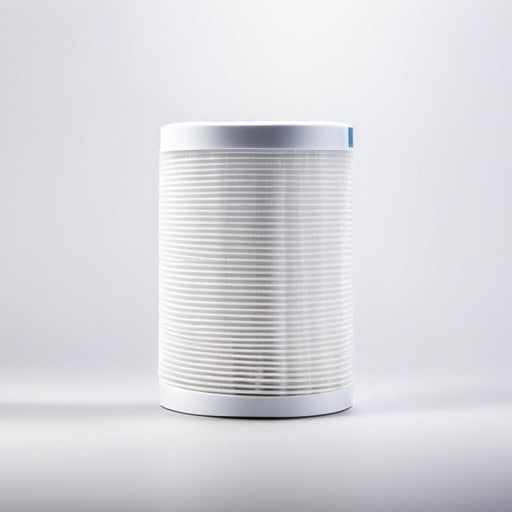
- The water filter in my refrigerator needs to be changed every six months to ensure clean drinking water.
- I always use a filter when brewing coffee to remove any impurities and enhance the flavor.
- The air filter in my car was clogged with dust and needed to be replaced for better engine performance.
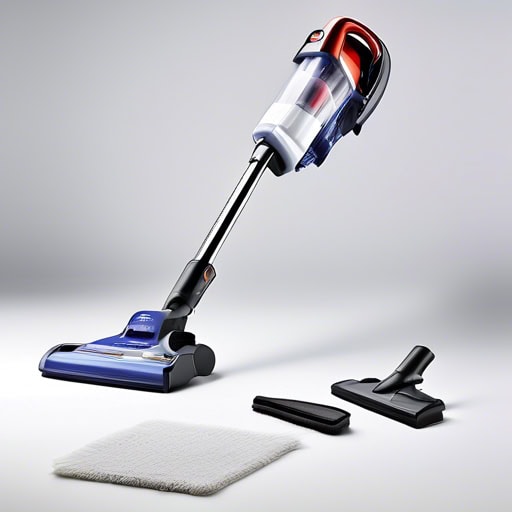
- I purchased a new vacuum cleaner that came with various attachments for cleaning upholstery, crevices, and stairs.
- The attachments made it much easier to vacuum hard-to-reach places.
- I always make sure to store my attachments in a designated area to keep them organized and easily accessible.
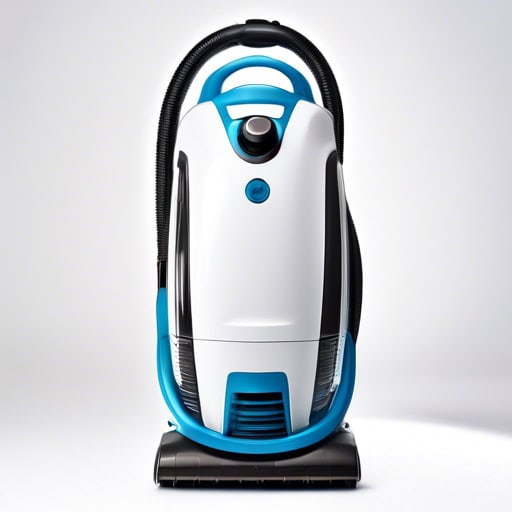
- I need to replace the filter in my vacuum cleaner because it's clogged with dirt and not functioning properly.
- The air filter in my car needs to be changed regularly to ensure optimal engine performance.
- I use a water filter pitcher to remove impurities and improve the taste of my drinking water.
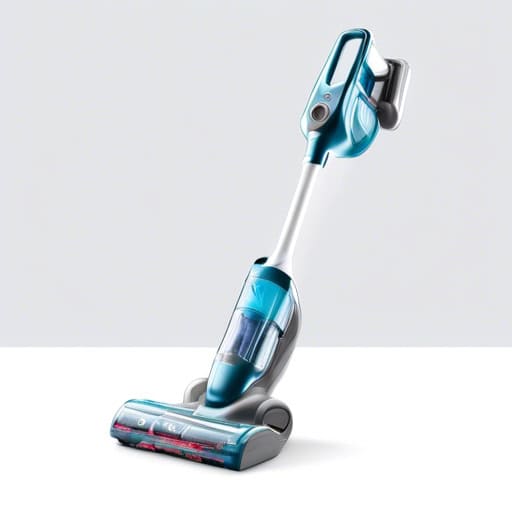
- I love using my cordless vacuum to easily clean up messes around the house without having to worry about plugging and unplugging cords.
- The convenience of a cordless vacuum makes it a popular choice for quick and efficient cleaning in any room.
- With a cordless vacuum, you can easily reach tight spaces and clean areas that are difficult to access with a traditional corded vacuum.
Scrubbing
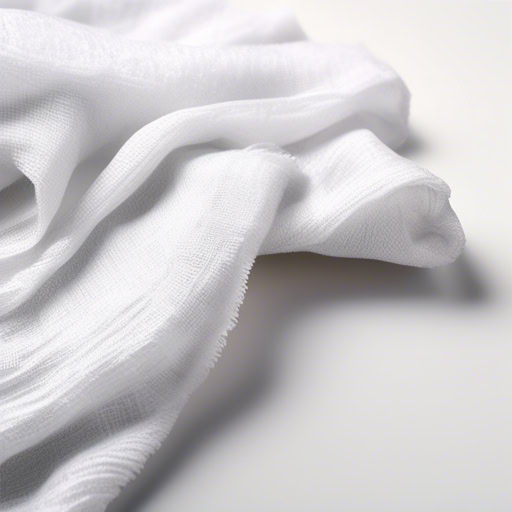
- I grabbed a rag to wipe down the kitchen counter after cooking dinner.
- She used an old rag to clean the windows in her room.
- The mechanic used a rag to wipe off the grease from his hands after fixing the car.
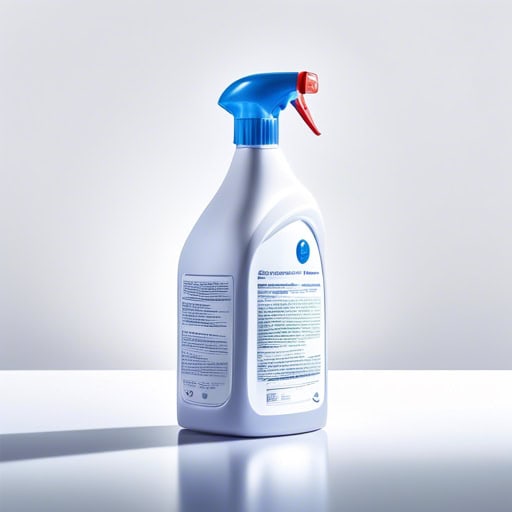
- She used a strong disinfectant to clean the kitchen countertops after preparing raw chicken.
- The hospital staff regularly sprays disinfectant in patient rooms to prevent the spread of infections.
- Make sure to use a disinfectant wipe to clean your phone regularly to avoid transferring germs to your face.
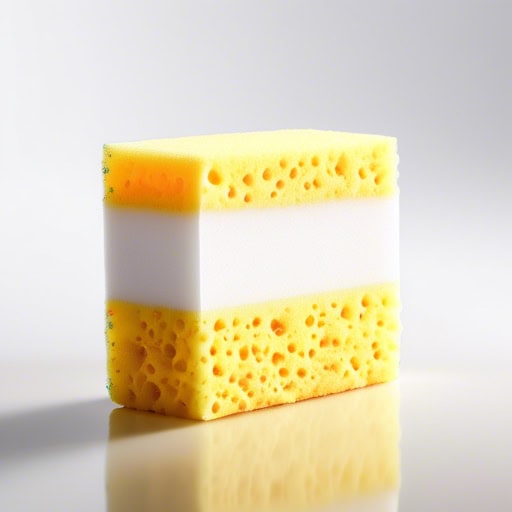
- I used a sponge to clean the dishes after dinner.
- She wiped down the countertops with a damp sponge.
- The sponge soaked up the spilled water on the floor.
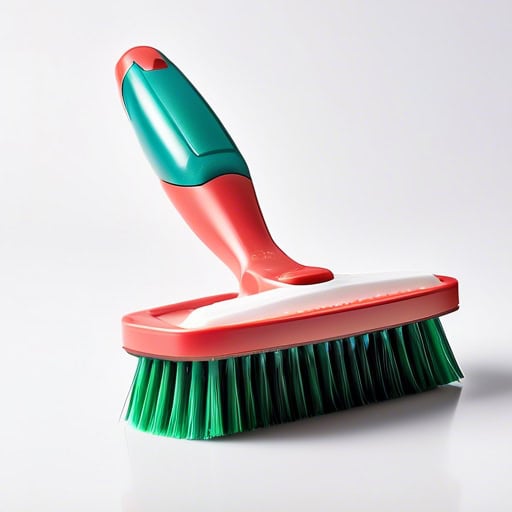
- I scrubbed the bathtub with a scrub brush to remove the soap scum buildup.
- The scrub brush was perfect for cleaning the grout between the tiles in the shower.
- She used a scrub brush to scrub the stains out of the carpet.
Organizing
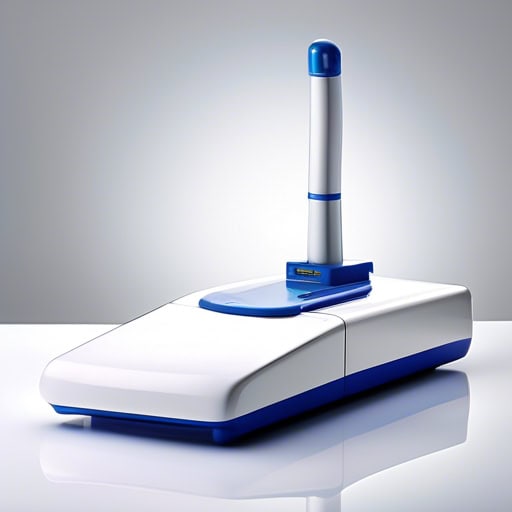
- We need to streamline our inventory management system to eliminate unnecessary steps and reduce errors.
- By streamlining our production process, we were able to increase output by 20%.
- Let's streamline the filing system to make it easier to access important documents.

- Her desk was always tidy, with everything in its proper place.
- I spent the afternoon tidying up the living room, putting away stray items and vacuuming the floor.
- The hotel room was immaculate, with a tidy bed and neatly folded towels in the bathroom.
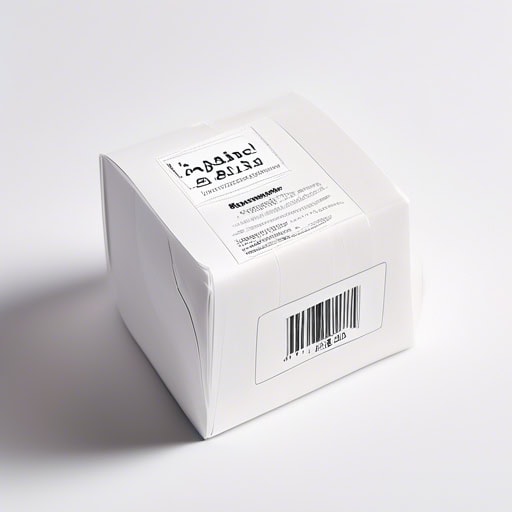
- Please make sure to label your boxes before storing them in the attic.
- It is important to label all of your spices in the pantry for easy access while cooking.
- Don't forget to label your child's school supplies to ensure they come back home at the end of the day.
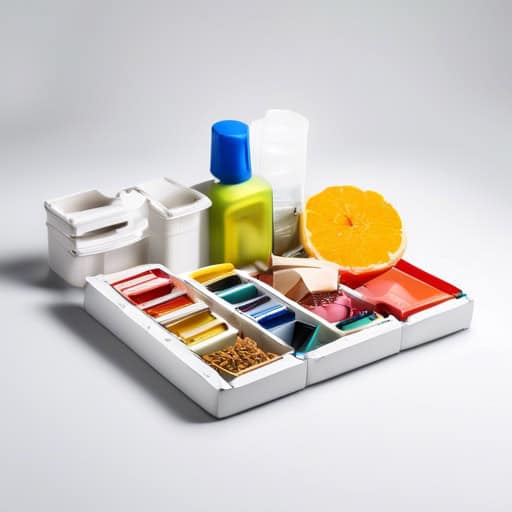
- It is important to categorize your expenses into different categories to track your spending habits.
- The library uses a system to categorize books by genre for easier browsing.
- It can be difficult to categorize some items when they do not fit neatly into one specific category.
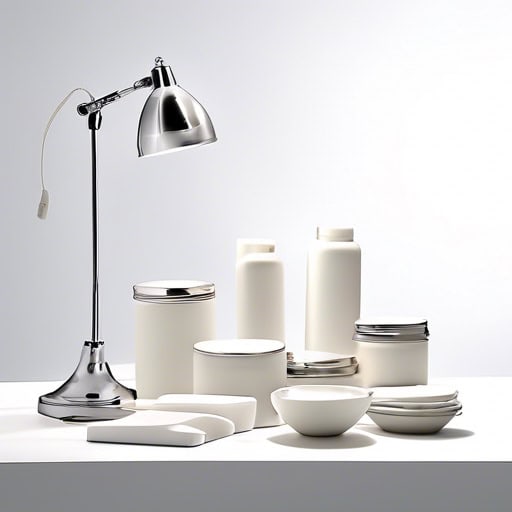
- I need to arrange the books on the shelf by size and color to create a more visually appealing display.
- Please arrange the dishes in the kitchen cabinets according to their use and frequency of use.
- I will arrange the throw pillows on the couch in a coordinated pattern to enhance the overall look of the living room.
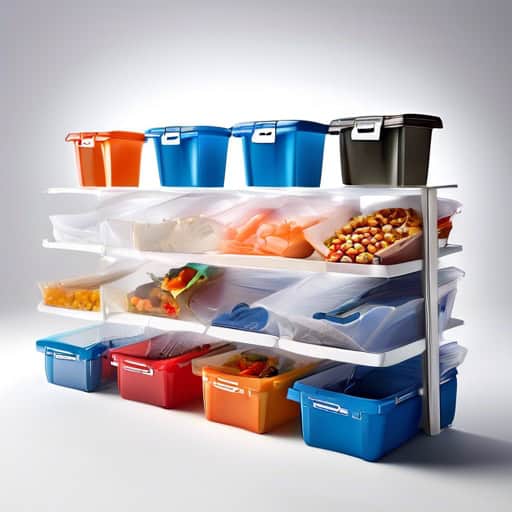
- I need to sort through my closet and donate any clothes I no longer wear.
- She asked me to help sort the different colored beads into separate containers.
- After the party, we had to sort through the recycling to make sure everything was disposed of properly.
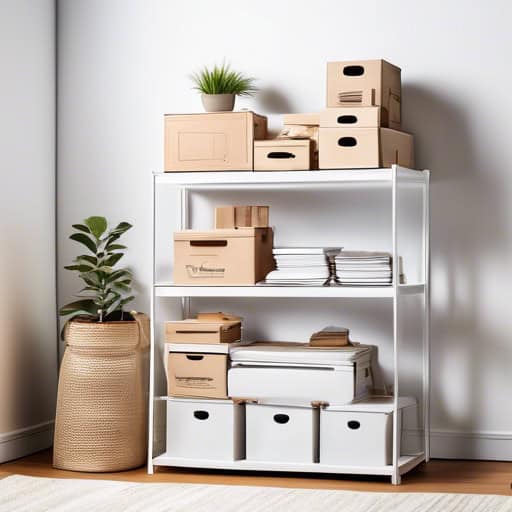
- I need to declutter my closet and get rid of clothes I no longer wear.
- She hired a professional organizer to help her declutter her messy home.
- Decluttering my desk has helped me feel more focused and productive.
Quick Facts
- Studies have shown that a clean house can lead to reduced stress and anxiety levels in individuals.
- The average person spends about 6 hours per week cleaning their house, which adds up to approximately 312 hours per year.
- Cleaning your house regularly can help to reduce the spread of bacteria and viruses, leading to a healthier living environment.
- Using natural cleaning products, such as vinegar and baking soda, can be just as effective as store-bought cleaners and are better for the environment.
- Regularly decluttering your home can help improve focus and productivity, as well as create a more organized and visually appealing space.
